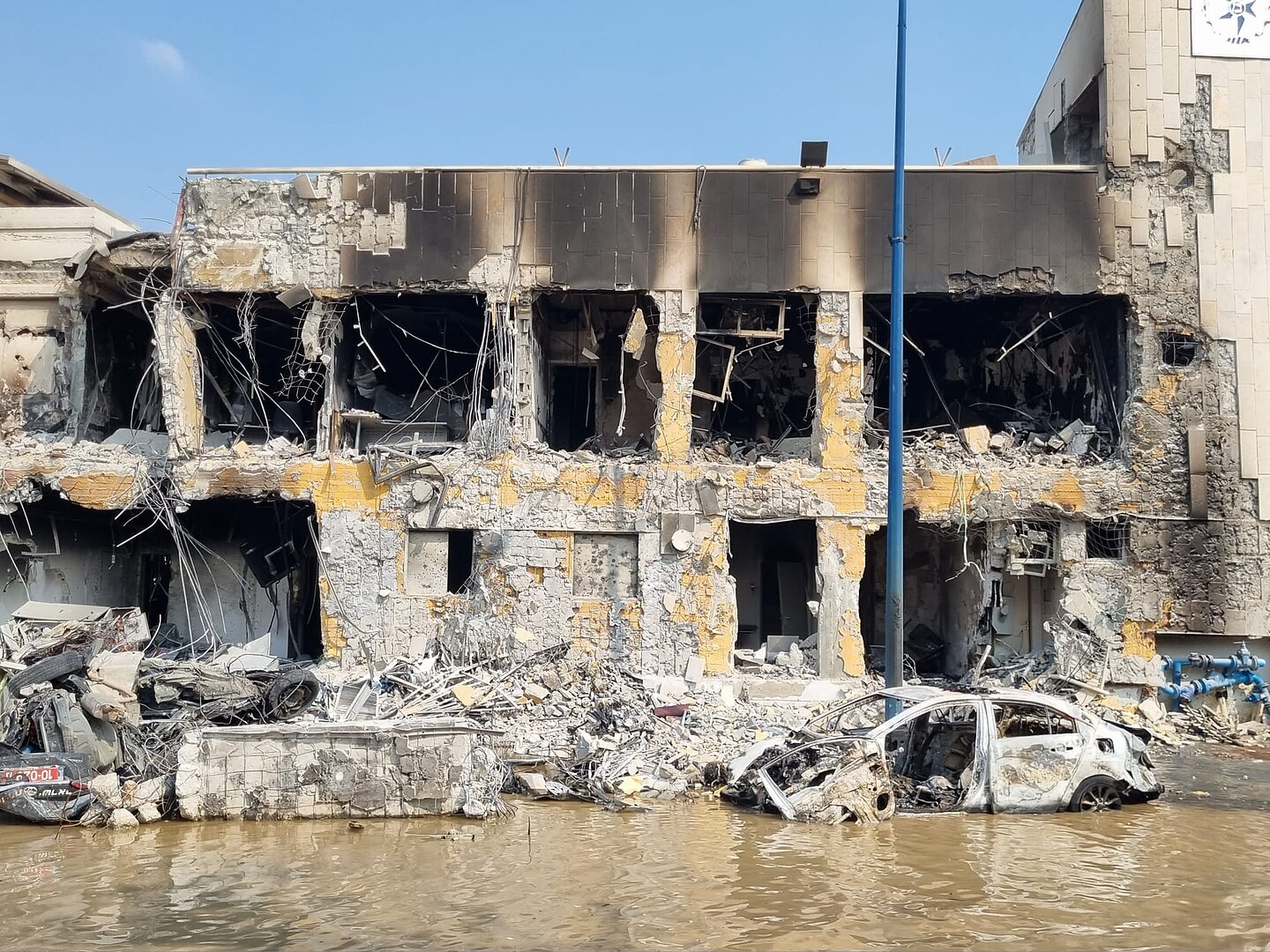A month from now, on April 26, politicians and the media around the world will recall how the 1986 explosion in the Chernobyl atomic plant was the worst nuclear disaster in history. And, as if lessons were not learned, then came Fukushima in 2011.
The fallout from these two events alone continue to impact nearby nations, although the explosion in Japan seems to have been contained.
But the radioactive cloud from the disaster in northern Ukraine moved south, forever contaminating the ground and the water for hundreds of kilometers, making whole towns and farmland useless, even to the generations to come.
As if in a relay race baton, the effort to destroy nature and nations has been passed on to conflict zones, such as Ukraine (where Russia invaded), Syria (where Russia and Turkey are meddling), Iraq and Afghanistan (which the West and NATO destroyed), and now Gaza, where Israel is determined to go all out to chase down and destroy Hamas for starting the war on October 7.
Yet, the victims of these ongoing and new conflicts, primarily in the Middle East, are not just the people who are suffering from hunger, showers of bombs and bullets, as well as lack of dignity. Perhaps, the biggest casualty is none other than Mother Nature, that knows no boundaries, and does not differentiate between soldiers and terrorists.
Already, the Earth’s exploitation in the name of progress and prosperity has caused irreparable damage to lands, mountains, rivers and seas.
The climate crisis, having moved on from ‘climate change’, is upon us, despite the denial by conservative leaders in the U.S. and despots in modern-day empires, such as China and Russia.
Beyond the melting ice packs in the Arctic, the Mediterranean is the next battlefront, where the rising water level and the climbing temperature, is changing, almost permanently, the biodiversity of the seaworld and everything below and above it.
Summers are getting hotter, to the stage where soon, Cyprus will not be able to accommodate holidaymakers in August, while the tourist season is starting earlier and extending to later in November. Already, the droughts and subsequent torrential rains are causing havoc to local agriculture, while marine life, especially native fish, are being chased out by newcomer species.
Recycling a plastic bottle, reducing the use of bags, reusing a wooden utensil and giving new life to so many other items, does have an impact, as much as some people might ridicule.
But just as we thought that we were getting our green and eco-friendly policies in order, regional conflicts cause havoc to nature, including major resources, such as water.
The war in Gaza is one that needs to stop immediately, before the humanitarian crisis becomes a humanitarian disaster. The cruel tactics used by both sides is tolerated by so many nations and neighbours, near and far, that it is about to reach a point of no return. And if this happens, apart from the hundreds of thousands of human victims, nature will permanently damaged, with the only legacy to be inherited by the next generations being nothing more than an infertile land, unliveable and perhaps nothing more than a desert.









